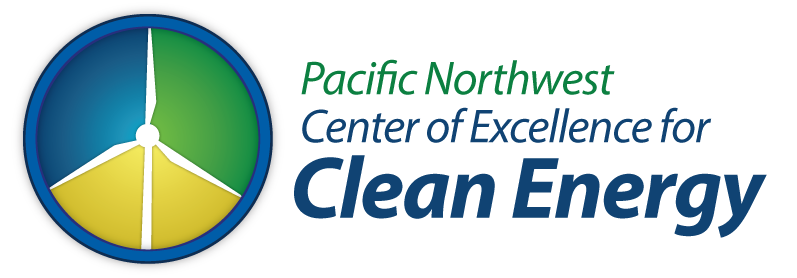GreenerReality: Jobs, Skills, andEquity in a Cleaner U.S. Economy
Greener Reality: Jobs, Skills, and Equity in a Cleaner U.S. Economy – a report from COWS/Univeristy of Wisconsin-Madison
Greener Reality takes stock of the green economy, looking at what works (and doesn’t) in related skill and credentialing initiatives, and placing them in a broader context of human capital development, community resilience, and climate change. Defining equity, sustainability, and greater democratization as critical elements of a truly greener future, the paper considers the practical and political challenges to achieving these in the U.S.
This report builds on our earlier work in Greener Pathways and Greener Skills. Below is a quick guide to its contents.
Reality: A Brief Tour
Greener Reality pulls aside the curtains of hype and derision to show a very real, very possible, very promising greener economy, hindered in its development (and job-creation capacity)by political myopia and economic malaise. It is not a defense of green jobs, but a frank assessment of the human capital required to build a greener and more generous America.
If you only have time for a glimpse, read the Executive Summary, which has evolved quite a bit since many of you first saw it. It’s not a traditional point-by-point summation, but it does set the stage for the paper’s arguments, point up key lessons learned in the field, and suggest directions for policy and action.
For an overview of the politics of green (it’s the economy, brothers and sisters), and a wee primer on climate change, economic inequality, and accountable democracy, see the Introduction. Here we offer a Reality Check – explaining the larger forces at work in the perceived failure of jobs and training in the clean economy.
After a somewhat dispiriting excursion through those realities, we outline the possibility of A Greener Economy and the skills required to build it across all sectors — energy, food, water, and beyond. Here we suggest that in addition to delivering technical skills, we need to increase the capacity of workers and students to (re)build representative institutions and participatory communities.
To learn what’s working in the field, go right to The Cases, which explore greener jobs training experiments across five sectors: Construction, Manufacturing, Health, Power, and Water. Here we pay particular attention to places where greening skill standards and credentials could create value for workers and firms; where green sector partnerships could more effectively link labor supply and demand, particularly in marginalized or vulnerable communities; and where bridge or pathway strategies provide the broadest access to skill upgrades for the broadest set of workers.
We present these cases in our chapter on Greening Human Capital, which describes the challenging political moment (the purported bankruptcy of the green enterprise and the very real difficulties of workforce innovation in a period of epic economic decline). Here we offer a suite of lessons learned, together with a longer-term greener skills agenda and a policy framework to advance it.
Finally, to understand our larger call for “changing the broader context,” read the Conclusion. Far from a rote summary of points already made, The Task Before Us is a meditation on education and training for sustainability, equity, and democracy — the kind of world we’d like our children to inhabit.
